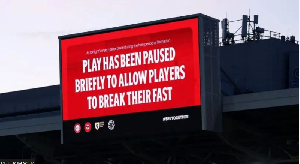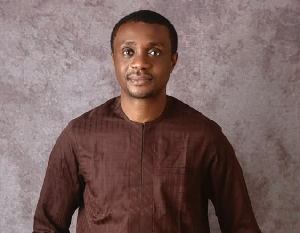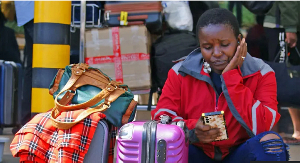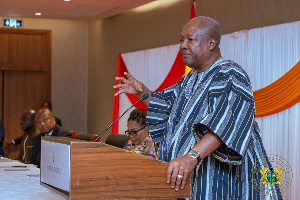General News of Thursday, 25 June 2020
Source: www.ghanaweb.com
Your MP is not responsible for paying your daughter's fees, constructing roads - Prof. Gadzekpo
Social scientist and Dean of the School of Information and Communications Studies at the University of Ghana, Prof. Audrey Gadzepko, says the media and the public have, overtime, adopted the wrong perception about the role of parliamentarians in their various constituencies.
According to her, members of parliament, per the constitution of Ghana, are mandated to perform legislatory roles, and facilitate development in their various constituencies and not to take on the roles of providing for individuals and constructing roads.
Speaking to journalists at a workshop held by the Center for Democratic Development (CDD) Thursday, Prof. Gadzekpo, whilst touching on subject of best practices in journalism said, the public has come to expect things from MPs, that do not fall under their obligations.
Construction of roads, for instance she says, are national projects to be undertaken by government and not by legislators, though some legislators, embark on such projects with their personal funds.
"A lot of people feel parliamentarians are responsible for roads; it's not. That's why people are always annoyed; my MP doesnt say anything in parliament, but he is building a school for you. He has become a contractor, not a legislator" She said.
Prof. Gadzekpo also revealed that though the MPs common fund is supposed to help parliamentarians spearhead development in their areas, it is not enough to fund major projects like roads.
She therefore admonished media persons to be circumspect in their reportage and to educate the public on the roles of MPs, backed by very well researched facts.
"Part of it is our fault because we feed into that perception so this is the time to educate them that they are wrong. They (MPs) make promises. Based on that (the promises), you should interrogate them. When we are talking to them, we need to ask them the right questions so that we can educate people on what they should be holding them accountable for." She added.












